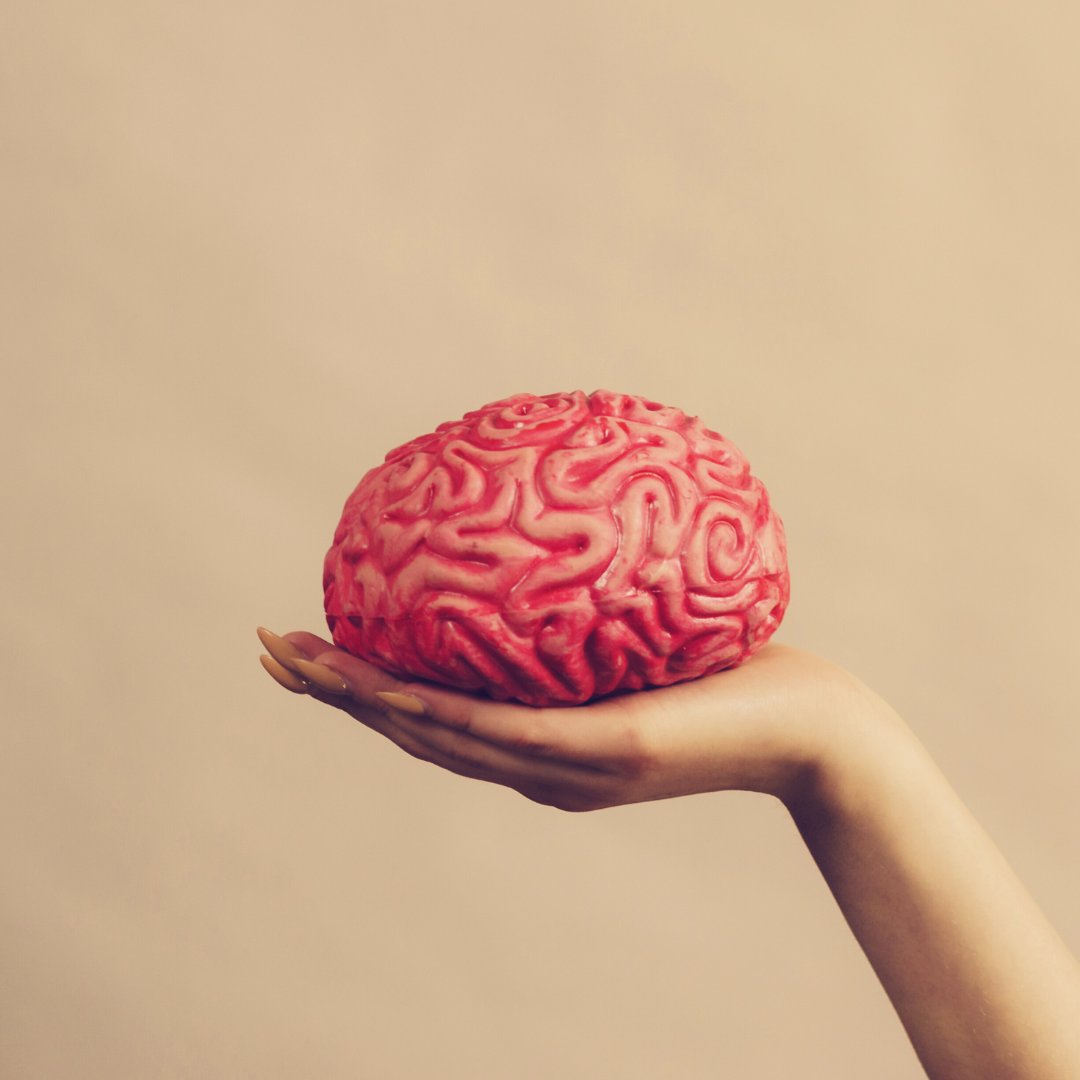Nieuw bij Goldea? 15% kennismaking met code: FRESHSTART15

Nieuw bij Goldea? 15% kennismaking met code: FRESHSTART15
A healthy brain is always on. It powers your thoughts, movements, breathing, heartbeat, and senses. It’s working hard 24/7, even when you’re asleep. This means your brain needs a constant supply of fuel. That fuel comes from the food you eat—and it’s what’s in that fuel that makes all the difference. Simply put, what you eat directly affects the structure and function of your brain, and ultimately your mood.
Brains are made on the diet as it was originally intended. Today's diet (often) does not match the needs of our brains. Our diet used to be optimal, it consisted of: vegetables, fruit, nuts and legumes.
This diet provided a solid foundation with enough vitamins, minerals, antioxidants, fats and fibers. And these are the substances our brains need to function properly.
Just like a good car, your brain functions best when it is fed only premium fuel. Eating high-quality foods that are rich in vitamins, minerals, and antioxidants nourishes the brain and protects it from oxidative stress. The “waste” (free radicals) produced when the body uses oxygen can damage cells.
Unfortunately, just like a good car, your brain can be damaged by consuming anything other than premium fuel. Substances that constitute “low-premium” fuel include processed or refined foods. A diet high in refined sugars is harmful to the brain. In addition to impairing your body’s regulation of insulin, they also promote inflammation and oxidative stress.
In addition to healthy food, of course. Sufficient water, enough sleep and exercise are essential for healthy brain function. Your body is a complex machine that takes all factors into account to function optimally. When everything is in balance, you will notice that a healthy lifestyle can improve your attention, working memory, cognitive flexibility, inhibitory control, problem solving and decision making. The use of supplements for your brain is also important.
Supplements are certainly not a replacement for a healthy lifestyle but a nice addition. High-quality foods that contain many vitamins, minerals and antioxidants are becoming increasingly scarce these days. This has to do with mass agriculture and a deteriorating environment. Supplements that Goldea Health recommends to stimulate healthy brain function are; Omega 3, Vitamin C, Vitamin D and magnesium.
Omega 3 , also often called Omega 3 fatty acids, supports all kinds of bodily processes but offers protection against cardiovascular diseases in particular. Omega 3 is also important for your eyesight and brain (it is a mixed lubricant for the brain). Omega 3 is found in, among other things, fatty fish, walnuts, lamb's lettuce and chia seeds.
The sun is the most important source of Vitamin D3 . However, research shows that many people have a vitamin D deficiency. Vitamin D is not a vitamin but a (pro)hormone. Various vitamin D receptors are found in our brains. Sufficient vitamin D is therefore of great importance for healthy brain function.
Vitamin C is a strong antioxidant that fights free radicals. Vitamin C also contributes to the production of collagen and has a positive effect on the normal function of the nervous system and therefore on your brain.
When you have enough magnesium in your body, your body is able to convert B vitamins into an active form. B vitamins have a beneficial effect on the brain. There are indications that magnesium improves your memory. Magnesium can be found in beans, spinach, pumpkin seeds and almonds, among other things.
Goldea Health offers free personal advice , tailored to your lifestyle and needs. So that you know exactly which supplements you can best take for optimal health.

Free e-book with a day planner and smart tips for more peace and clarity in your day